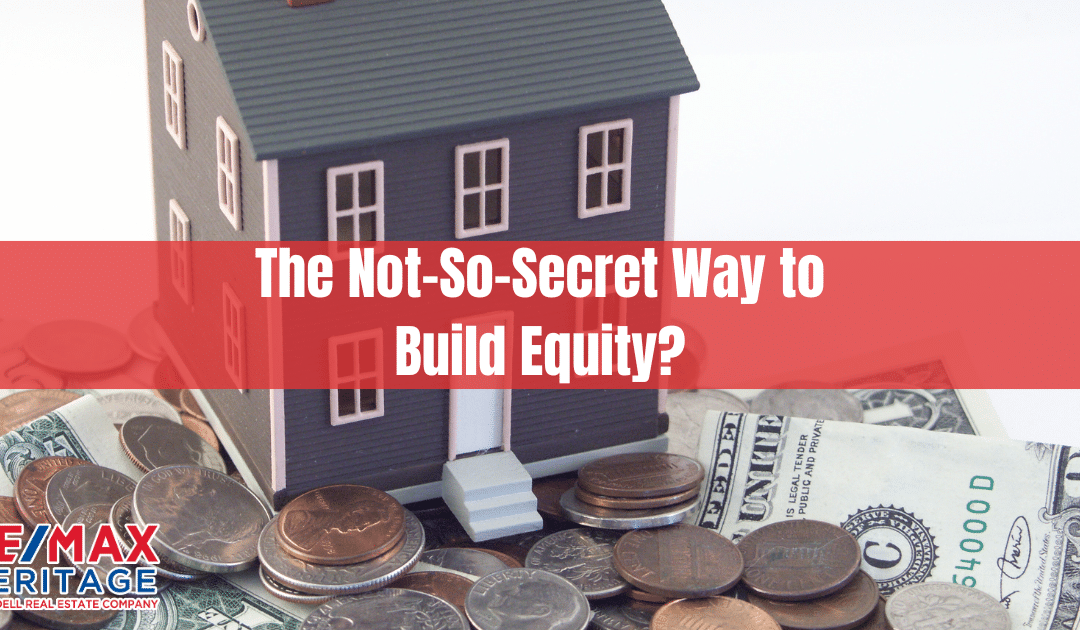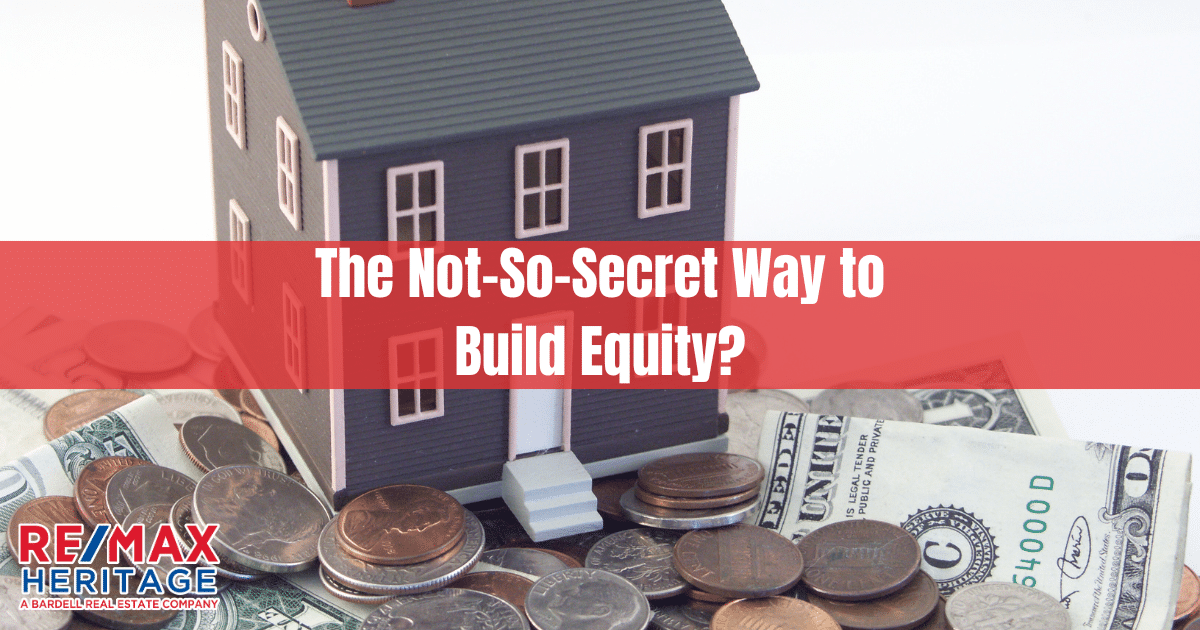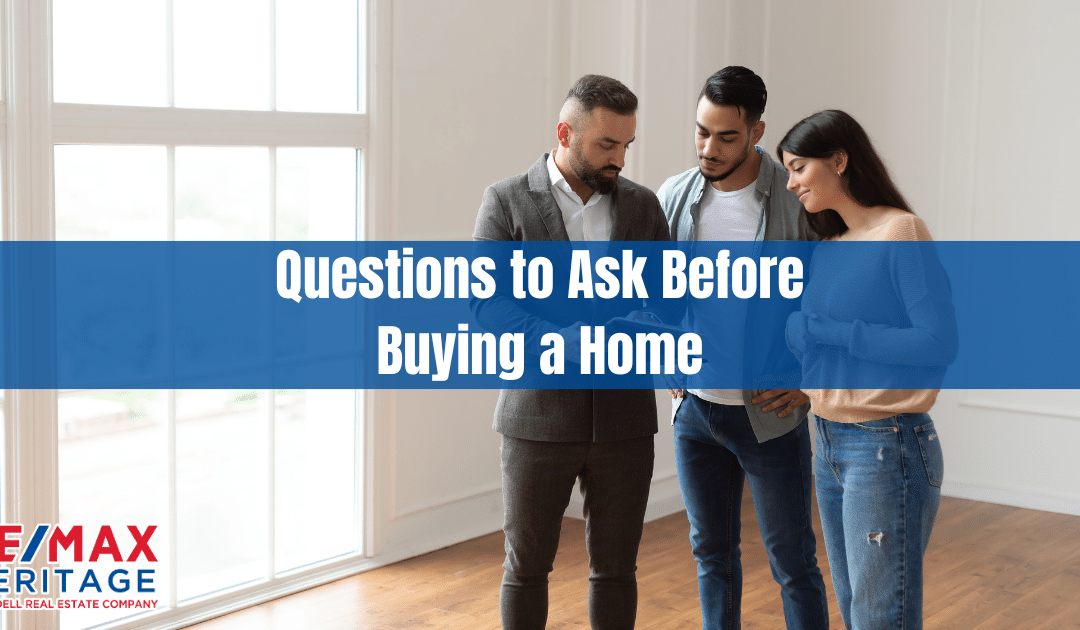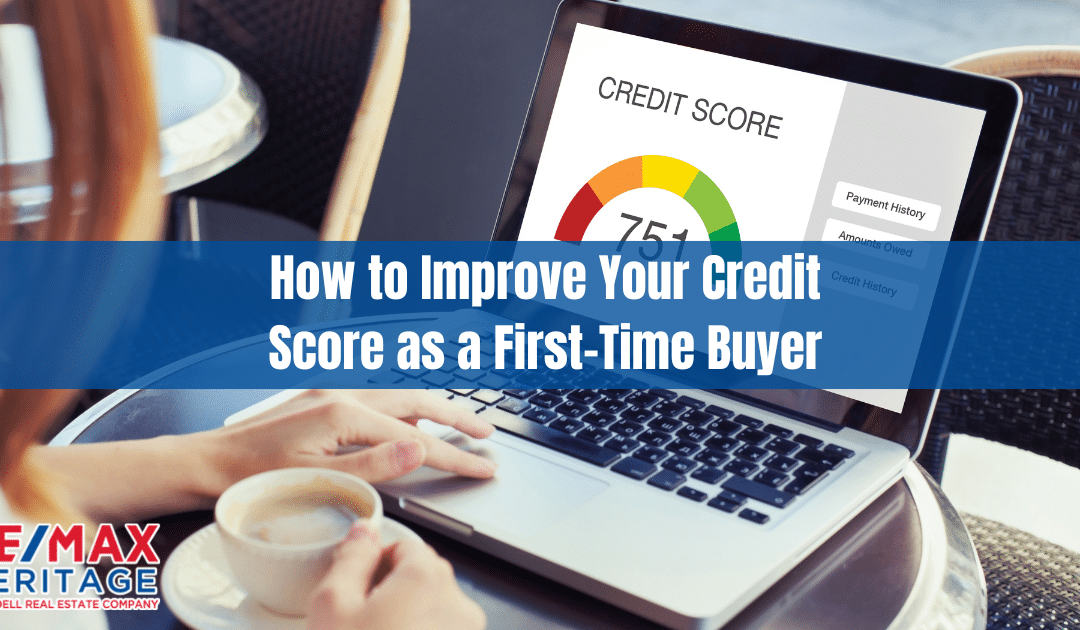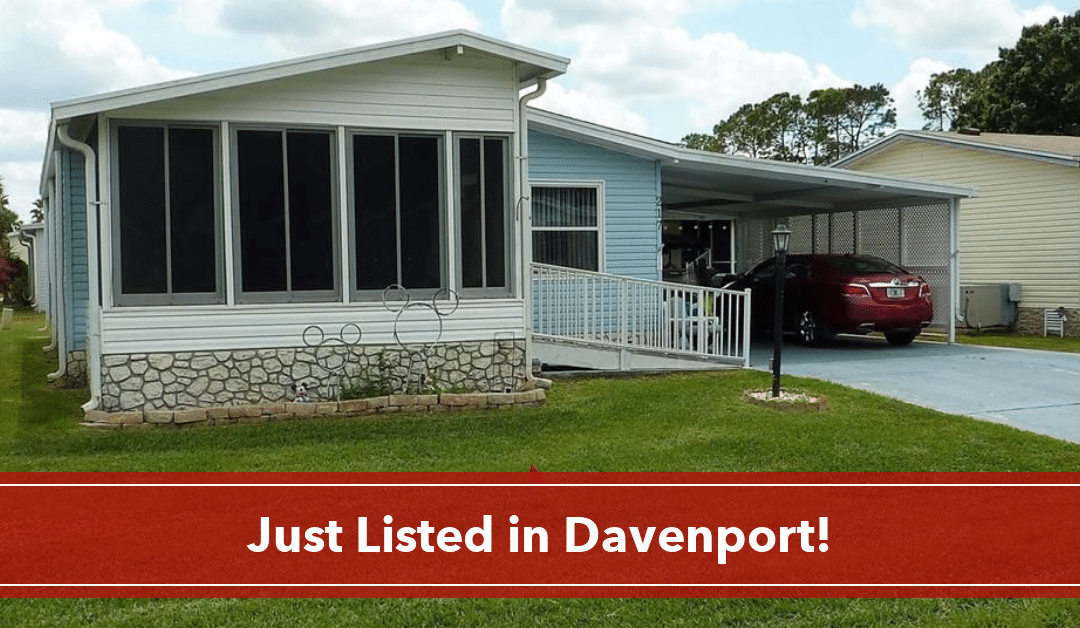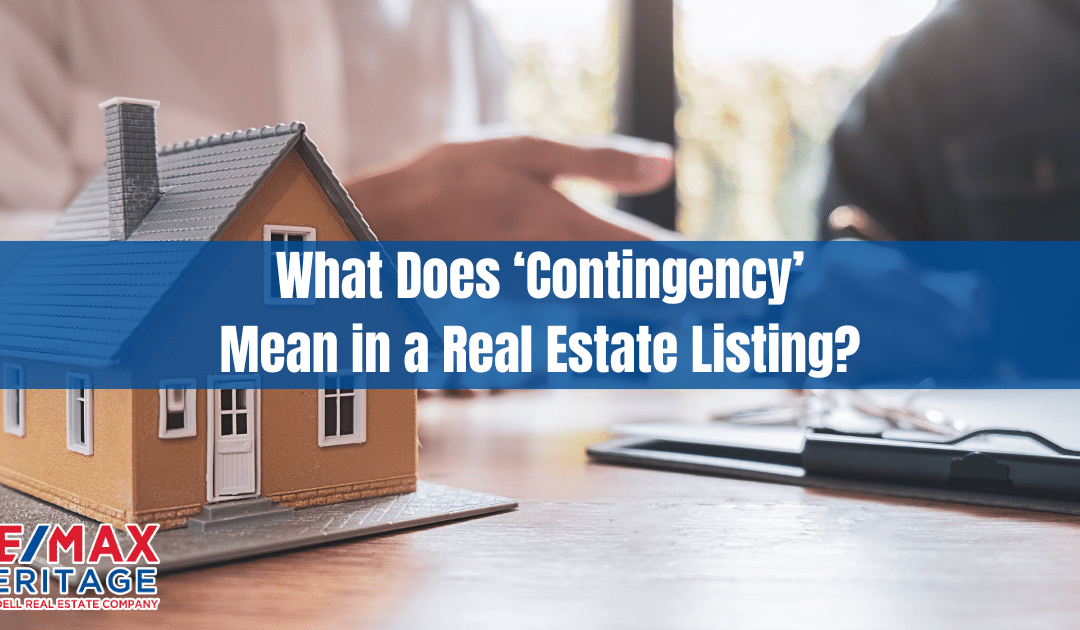
What Does ‘Contingency’ Mean in a Real Estate Listing?
What Does ‘Contingency’ Mean in a Real Estate Listing?
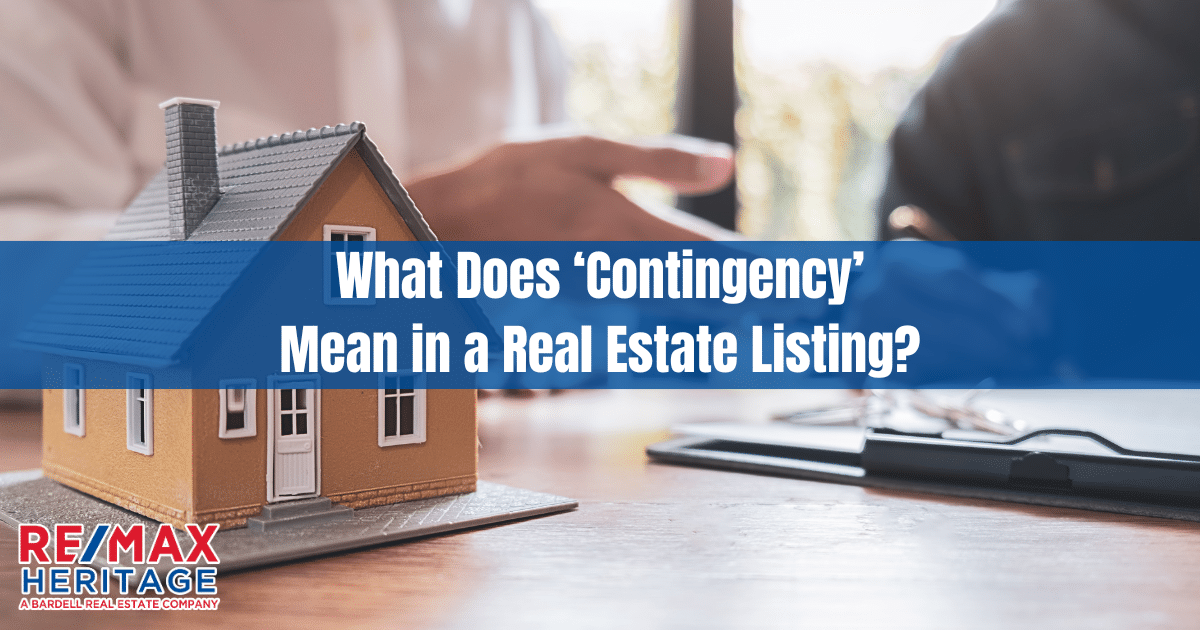
What Does ‘Contingency’ Mean in a Real Estate Listing?
When you see the word “contingency” in a real estate listing, it may be one of those real estate terms that make you go, “Huh?” But don’t sweat it. We’ve all been there, and we’re here to help clear up the confusion.
Every home sale is dependent upon certain contingencies. They can make or break a real estate sale, but what exactly is a contingent offer?
“A contingency in a deal means there’s something the buyer has to do for the process to go forward, whether that’s getting approved for a loan or selling a property they own,” explains Jimmy Branham of the Keyes Company in Coral Springs, FL.
If the buyer is having trouble getting a mortgage, or the property appraisal is too low and the bank won’t increase the loan, or there’s some other problem with getting a mortgage, a contingency clause means that the contract can be broken with no penalty or loss of earnest money to the buyer or seller.
So when “contingency” appears in the listing itself, “it means the sellers have already accepted an offer on the property (at least regarding price), but there are still steps to clear before the contract goes fully pending in the system,” says Stephanie Crawford, a Realtor® in Nashville, TN.
These are some common contingencies that could delay a contract:
- The buyer’s mortgage pre-approval letter is still pending.
- The buyer is waiting to get the home inspection report.
- The buyer has a contingency based on the appraisal.
- The buyer is waiting for a spouse or co-buyer, who is not immediately available to sign off on the home sale.
Additionally, if it’s a real estate short sale—meaning the lender must accept a lesser amount than the mortgage on the home—a contingency might mean that the buyer and seller are waiting for approval of the price and sale terms from the investor or lender. Or it could mean the seller and buyer are waiting for the official paperwork for short-sale terms that have been verbally or informally approved.
Not all contingent offers are marked as a contingency in the real estate listing. For example, purchases made with a mortgage generally have a financing contingency.
Obviously, the buyer cannot purchase the property without a mortgage. However, real estate is generally shown as “pending” in the real estate listing, rather than as having a contingency, if the buyer’s only contingency clause is a financing contingency, an inspection contingency, or other standard contingency.
Should you make an offer on a contingency listing?
Your ideal new home might be listed as having a contingency, meaning the sellers have accepted an offer from a buyer, subject to one or more contingencies. So is it still worthwhile to pursue the home?
Most experts say you’re probably too late to the game. But you should never say never, especially if you’ve fallen hard for the house. Even deals in contract can sometimes fall through due to a contingency, so all hope may not be lost.
The seller might be willing to continue showing the property during this time, but if it’s a house you’re excited about, talk to your real estate agent.
It matters what the contingency is for. If the sale has a contingency based on the buyers selling their current home, for example, the sellers may be accepting other offers. If they’re just waiting for an appraisal or fulfillment of a termite inspection contingency, you’re probably too late.
“In the agent comments on the MLS listings (which the general public cannot see), it will typically say what the contingency clause is for and when it will be over,” says Dale Weir, a Realtor in Chesterfield, MO. That should give you a better sense of your chances with the home.
Still, if the pending contract is contingent on a clean home inspection and the buyers back out, you may want to reconsider jumping in yourself. The home inspector might have found something that would make the property undesirable or even make it possible to renegotiate the purchase price.
Sometimes the deal falls apart for reasons that may be quite justified—don’t let your obsession with the home cloud your judgment as a buyer.
If you’re in the home-buying market and the property you like is listed as contingent, you can also place an alert on the listing. That way, you can receive a notice the moment the real estate transaction falls through and is back on the market.
Can you make an offer on a contingent listing?
There are no rules against buyers making an offer on a contingent listing. If you’re up for a waiting game, go for it. But the sellers might not consider the offer, depending on what the sellers (and their real estate agent) have promised the other potential buyer.
To make your offer stronger, consider writing an offer letter to the homeowner, explaining why you are the perfect buyer, or even making your real estate contract one with zero contingencies, or with as few contingencies as you as a home buyer are comfortable with.
Just be aware that it can be a risky move: Make sure that the real estate contract provides an out for you. It wouldn’t be good to lose your earnest money deposit if something troublesome turns up on the home inspection, for example, or if you don’t qualify for a mortgage.
Bottom line: Talk to your real estate agent to determine if it’s wise to make a real estate offer on a contingent listing. Your agent should have a good sense of whether it’s worth going all out for this property or if you’re wasting your time.
If you decide to let the listing go, make sure you are seeing properties you’re excited about as soon as they are listed to avoid this problem in the future. If you’re in a hot market, properties can move fast!
Experts in Residential Real Estate in Orlando
If you are BUYING or SELLING real estate it’s quiet often the single most important financial decision you make. For the last 30 years we have helped clients buying and selling property in Orlando and the surrounding areas. Put simply, this means the knowledge and expertise accumulated over this time ensures our clients get the best representation possible.
Our experienced agents will help and guide you through the entire process providing valuable support every step of the way.
Ready to make a Move?
Bardell Real Estate are the experts in helping you with your selling, buying or renting needs near Orlando, Florida. Make your Disney area experience a forever memorable one. Call us now to speak to a real estate agent.
[formlift id=”36911″]

